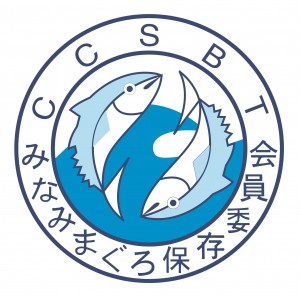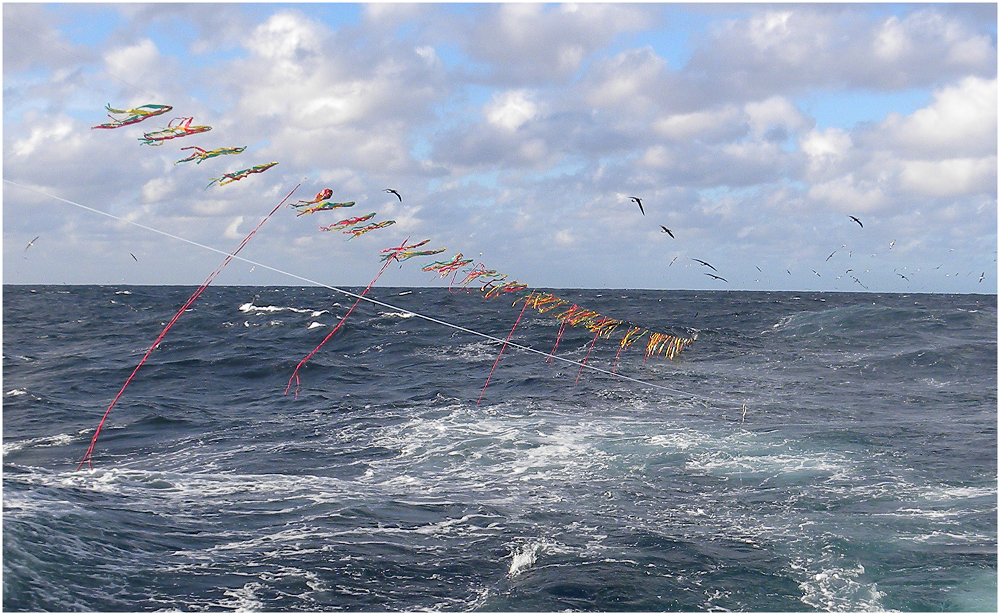
The Fifteenth Meeting of the Compliance Committee and Extended Twenty-Seventh Annual Meeting of the Commission for the Conservation of Southern Bluefin Tuna (CCSBT) are being held online from 08 to 16 October (instead of in Sapporo, Japan as originally intended) due to travel restrictions and health considerations caused by the COVID-19 pandemic. On the agenda for the Compliance Committee is a proposal to enhance education on and implementation of Ecologically Related Species seabird measures within CCSBT fisheries.
Anton Wolfaardt, ACAP Seabird Bycatch Working Group Co-convenor, is attending the two meetings representing the Agreement. In his opening statement Anton stated that bycatch in pelagic longline fisheries is one of the greatest threats to seabirds, particularly albatrosses and petrels. At its last meeting in May 2019 (AC12), ACAP's Advisory Committee declared that a conservation crisis continues to be faced by its 31 listed species, with thousands of albatrosses, petrels and shearwaters dying every year as a result of longline fishing operations. He went on to emphasize that despite extensive efforts by ACAP and other bodies that have been put into researching, recommending and supporting effective bycatch mitigation measures to address seabird bycatch in fisheries, in many instances these are not being implemented or are not being fully implemented. Non-compliance in the proper use of seabird bycatch mitigation measures adopted by Regional Fisheries Management Organizations (RFMOs) responsible for high-seas tuna fisheries, including the CCSBT, is identified as a critical issue. Within jurisdictions where implementation of effective mitigation measures and appropriate enforcement has occurred, reductions in seabird bycatch have been demonstrated, sometimes dramatically so and without perceived detrimental consequences arising.
A bird-scaring line deployed behind a longliner in the South Atlantic, photograph from Sebastián Jiménez
He ended ACAP’s statement by saying that the Agreement is keen to work with the CCSBT and its members to address these critical issues, and is strongly supportive of the proposal being developed by BirdLife International and CCSBT members to enhance implementation of seabird mitigation measures within CCSBT fisheries. According to BirdLife International’s Albatross Task Force the proposal should lead to improved training on seabirds for the fishing industry and fishing observers, as well as develop electronic monitoring for seabirds, such as by deploying on-board cameras, to ascertain if fishing vessels are implementing the required CCSBT mitigation measures.
With thanks to Anton Wolfaardt.
John Cooper, ACAP Information Officer, 12 October 2020

 English
English  Français
Français  Español
Español 